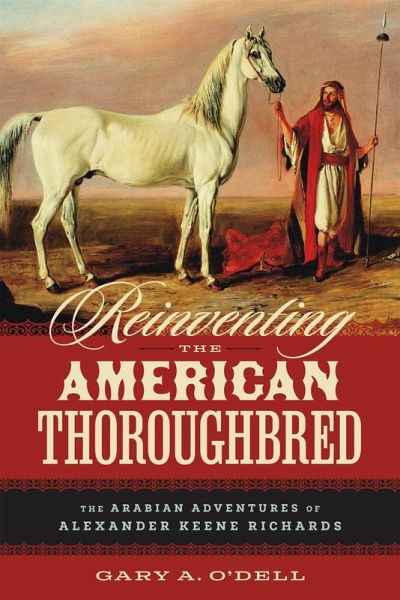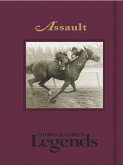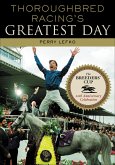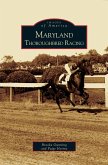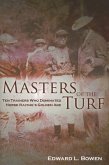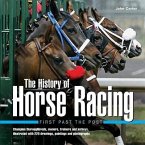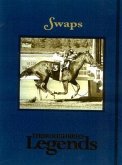Most equine authorities consider Alexander Keene Richards (1827-1881) one of the nineteenth century's most significant Thoroughbred importers and breeders. Born in Georgetown, Kentucky, and orphaned as a toddler, Richards was adopted by his grandfather, from whom he inherited not only the family farm in Georgetown but also Transylvania, a cotton plantation in East Carroll Parish, Louisiana. Horses fascinated Richards from an early age, and as his passion deepened, he became convinced that the key to improving the stamina of the Thoroughbred, in an era when American racing consisted of grueling long-distance competitions, was to crossbreed American horses with the magnificent steeds of the Middle East. As Reinventing the American Thoroughbred recounts, Richards traveled thousands of miles on expeditions into the heart of Syria to obtain Arabian stock of the purest blood. He became the first American--indeed the first Westerner--to venture into the desert to bargain directly with nomadic tribesmen for their horses. Richards transported the animals back to his grandfather's farm near Georgetown, which he transformed into a premier breeding establishment called Blue Grass Park. He also used his Transylvania plantation in Louisiana for similar purposes. Richards relied on Ansel Williamson, an enslaved horse trainer, to prepare his Thoroughbreds for racing. Williamson developed a reputation as one of the best handlers in the nation. The Civil War interrupted Richards's equine breeding experiment. Dependent on southern cotton produced by enslaved labor for his wealth, Richards sided with the Confederacy and was appointed volunteer aide-de-camp by General John C. Breckinridge. During his brief military career, he served at Vicksburg and later in the attack on Baton Rouge. In late 1862, he received Breckinridge's permission to travel to England to purchase artillery for the general's Kentucky brigade. Richards remained in London for the remainder of the war, returning to the United States after receiving amnesty. Bankrupt, he spent the rest of his life attempting to rebuild Blue Grass Park as a nationally recognized Thoroughbred facility. Richards's life story, chronicled here for the first time by Gary A. O'Dell, is an epic tale of adventure, experimentation, and devastation that illuminates the grand history of the American Thoroughbred industry in fresh and fascinating ways.
Hinweis: Dieser Artikel kann nur an eine deutsche Lieferadresse ausgeliefert werden.
Hinweis: Dieser Artikel kann nur an eine deutsche Lieferadresse ausgeliefert werden.

